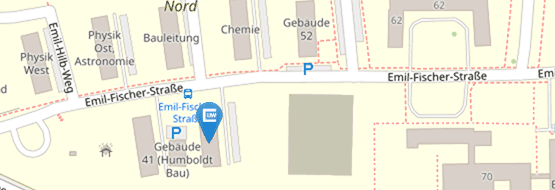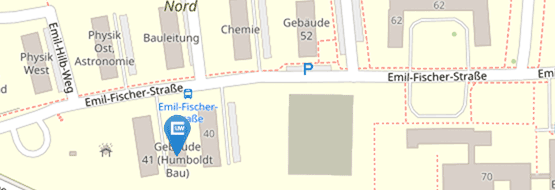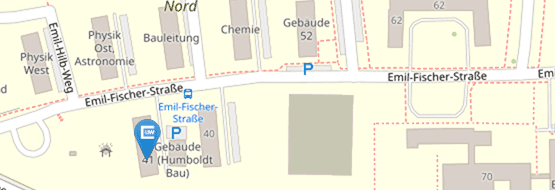Oberseminar Mathematik in den Naturwissenschaften: Stefano Scrobogna, On the effect of viscosity in surface gravity waves
| Date: | 11/19/2020, 2:15 PM - 3:45 PM |
| Category: | Seminar, Veranstaltung |
| Organizer: | Lehrstuhl für Mathematik VI (Mathematik in den Naturwissenschaften) |
| Speaker: | Stefano Scrobogna, Instituto de Matemáticas de la Universidad de Sevilla |
via Zoom video conference (request the Zoom link from anja.schloemerkemper@mathematik.uni-wuerzburg.de).
Abstract:
The motion of water waves is a classical research topic that has attracted a lot of attention from many different researchers in Mathematics, Physics and Engineering and it is classically modeled by the free-boundary irrotational Euler equations. Usually, these assumptions are enough to describe the main part of the dynamics of real water waves, however, discrepancies between experimental experiences and computer simulations show that sometimes viscosity needs to be taken into account. In this setting the Euler equations should be replaced by the Navier-Stokes equations and the irrotationality hypothesis has to be dropped. It is known however, since the works of Boussinesq (1895) and Lamb (1932) that the vorticity plays a role only close to the free boundary, thus, it would be desirable to add dissipative effects to the water waves equations without going all the way to the Navier-Stokes equations and the subsequent removal of the irrotationality assumption. This problem has been addressed by a number of people starting with Boussinesq and Lamb, in this talk we will investigate a model proposed by Dias, Dyachenko Zakharov (Physics Letters A 2008), and we will. Construct global solutions for the full Dias, Dyachenko Zakharov system stemming from small data which become instantaneously analytic, construct an asymptotic model in small amplitude regime which captures up to quadratic interactions of the full model, prove that the asymptotic model is well posed.
This is a joint work with R. Granero-Belinchón (U. Cantabria).





